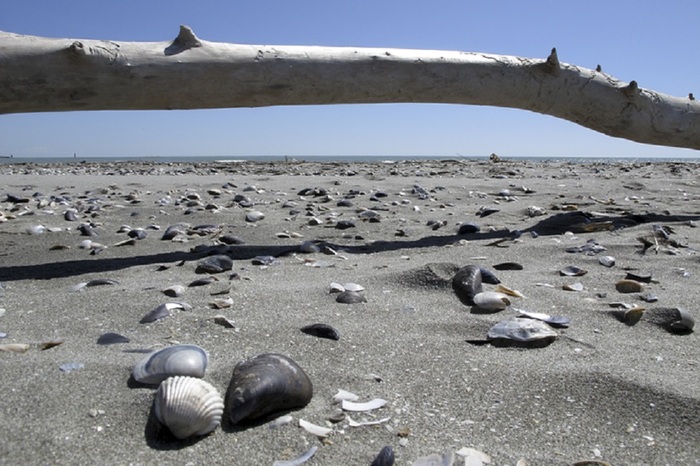The fauna of the Adriatic Sea has proved resilient to the climatic changes of the last 130,000 years, but the impact of human activity on coastal areas (including pollution, intensive fishing and the introduction of alien species) risks going beyond the adaptability limits of ecosystems .
This is what emerges from a study published in the journal Global Change Biology by an international team of experts led by Daniele Scarponi, professor at the Department of Biological, Geological and Environmental Sciences of the University of Bologna.
In addition, researchers from the University of Vienna, the Institute of Marine Sciences of the National Research Council (Ismar-Cnr) and the University of Florida participated.
The study examined over 70,000 fossils of molluscs (bivalves, gastropods and scapopods) that populated areas of low depth of the Adriatic affected by the presence of river systems.
The fossils date back to three different time intervals.
The oldest nucleus belongs to the 'previous interglacial' (about 120,000 years ago), a period in which the climatic conditions of the Mediterranean were warmer than the current ones and could therefore represent possible future scenarios linked to climate change.
The second group dates back to the last glacial period (about 20,000 years ago), when the average temperatures were about 6 degrees lower than today.
Finally, the third series of fossil samples dates back to about 5,000 years ago: a period with temperatures similar to those of today,
From the comparison between these three groups of fossil associations, it emerged that the fauna of the Adriatic coast is resilient: over time it has been able to restructure its composition in order to adapt to climatic perturbations and recompose itself again when the environmental conditions have returned to similar ones. previous.
The data collected suggests that the resilience shown in the past could allow the marine fauna of the Adriatic to adapt to a reduced increase in average temperatures in the future.
Provided, however, that together with the actions to contain the rise in temperatures there are also measures to limit the impact of human activities on coastal areas.
“Man-made structural changes in the coastal environment, intensive fishing and aquaculture activities, as well as water pollution are changing the composition of ecosystems in the Adriatic”, says Scarponi.
"The impact of these actions on the variety and abundance of marine species is already much stronger than that generated by the natural climatic variations that have occurred in the last 130,000 years".









